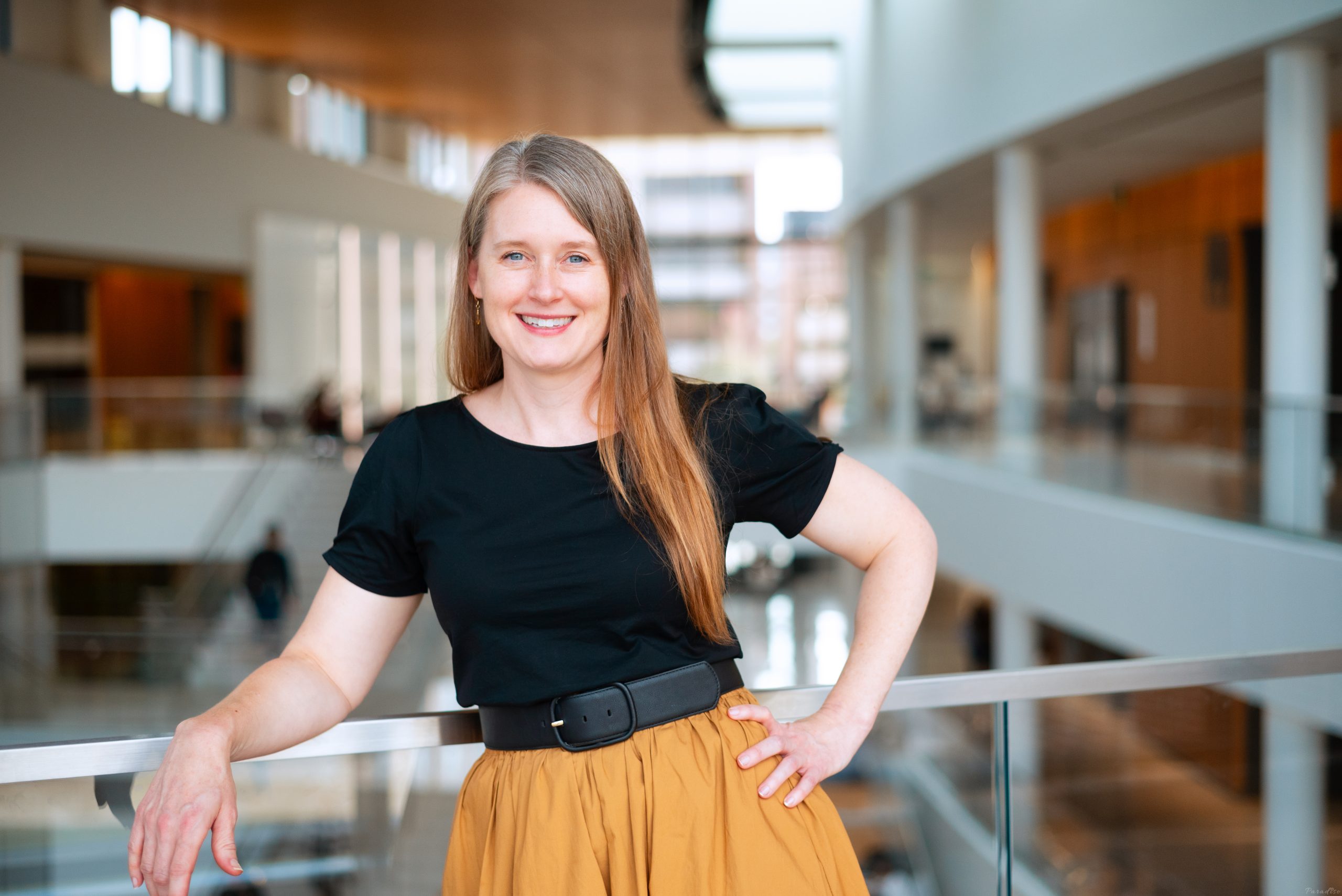 EAST LANSING, MI — Michigan State University has launched the first doctoral program in Chicano/Latino Studies in the Midwest – and only the second in the nation.
EAST LANSING, MI — Michigan State University has launched the first doctoral program in Chicano/Latino Studies in the Midwest – and only the second in the nation.
The interdisciplinary graduate degree, which grew out of MSU’s undergraduate Chicano/Latino Studies program, is offered by the College of Social Science. Like many doctoral programs, it is starting small; five students are enrolled for the 2007-08 academic year.
Dionicio Valdes, program director and MSU professor of history, said the Chicano/Latino population is simultaneously the fastest-growing and least-studied major ethnic group in the United States. Hispanics are also the largest minority group at nearly 43 million people.
“This program is important for many reasons,” Valdes said. “But the biggest single reason is that it offers a much different approach to knowledge and an understanding of our increasingly complex society that academia has not yet come to terms with.”
Doctoral candidates will explore the historical and contemporary experiences of Chicanos and Latinos in social, cultural, political and economic contexts. Doctorate courses range from “Latina Feminisms” to “Globalization and Mexican Immigration to the United States.”
The University of California, Santa Barbara, offers the only other doctorate focusing specifically on Chicano studies.
Valdes said Michigan State’s relatively large number of Hispanic students and reputation for Chicano/Latino scholarship make the new doctoral program a logical fit. According to the provost’s office, 1,309 students are enrolled at MSU this fall — a 34 percent increase over 1997.
MSU also has the Cesar E. Chavez Collection, one of the nation’s largest library holdings representing the life and philosophy of the late civil rights activist and the Chicano/Latino community.
In addition, the Julian Samora Research Institute is located on campus. The institute, named after the former MSU professor and pioneer in Mexican-American studies, conducts research and projects targeting the needs of the Hispanic community in the areas of economic development, education, families and neighborhoods.
Rubén Martinez, who became the institute’s director on Sept. 1, said a deeper understanding of Chicano and Latino groups “will contribute to the betterment of the nation as a whole as it moves forward into the 21st century.”
“Previous scholarship has argued that the flow of Mexican and Latino immigrants into cities and states has coincided with their development and prosperity — both the people and the economies have benefited,” Martinez said. “We see this in many communities in the South today, even though local institutions struggle to meet the educational and health needs of their newest community members.
“The scholarly work of doctoral students in the new program,” he added, “will enhance our understanding of these dynamics and ultimately contribute to the betterment of intergroup relations in this country.”
For more information on MSU’s doctoral program in Chicano/Latino Studies, visit www.jsri.msu.edu/cls/philrational.htm.
For more information on the Julian Samora Research Institute, visit www.jsri.msu.edu/.
For more information on MSU’s Cesar E. Chavez Collection, visit: www.lib.msu.edu/coll/main/chavez/.
Editor’s Note: I remember when I first moved to Lansing from New York City. I was accustomed to the Dominican, Cuban and especially Puerto Rican culture. I was very surprised when I moved to Michigan to find such a large population of Mexicans and Mexican-Americans. I took it upon myself to go to Michigan State University’s library to find out what inspired the migration. I implore those who do not know to educate yourself about others. Just recently, I was delivering newspapers to a corner store owned by Sikhs and there was an angry person who was calling them Arabs.



